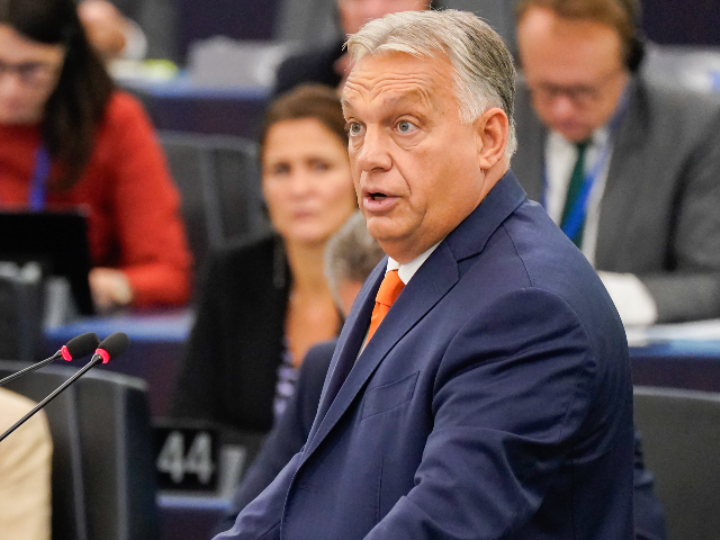It may not stop traffic – of either the vehicular or digital kind – but there is a huge protest taking place in the United States today and, unusually, this one is being staged by many of the country’s biggest companies

Net neutrality is a term used to describe the principle that internet service providers should treat all of the data they’re delivering to customers equally, and not block, slow down or charge extra for services provided by competitors.
by
Keith Breene*
Many of the major names on the internet including Google, Facebook and Amazon will hold virtual hands with hundreds of other sites that peddle everything from post-it notes to porn to protest against what they see as an attack on the freedom of the internet by the Trump administration.
The mass action is expected to take various forms, from messages prominently displayed online to websites slowing down to simulate what they say could happen if planned changes go ahead.
At stake, say the companies, is so-called "net neutrality". But what does that actually mean and why do the businesses care about it so much?
Net what?
Net neutrality is a term used to describe the principle that internet service providers should treat all of the data they're delivering to customers equally, and not block, slow down or charge extra for services provided by competitors.
So whether it’s a WhatsApp message from your mum, an email from work or a download of the latest episode of Game of Thrones, everything should be treated the same and reach you at the same speed. Net neutrality has been described as the “first amendment of the internet”.
One reason the issue is seen as so important in the United States is because the big cable providers, which supply the internet to the vast majority of US consumers, own many competing services.
Why do they want to change it?
In 2015, the US Federal Communications Commission decided to enshrine the principles of net neutrality in law. The FCC also reclassified wireless and fixed-line broadband service companies as public utility providers which allowed the government to regulate the industry more closely.
Now, President Trump’s new FCC chairman, Ajit Pai, wants to overturn the regulation and is consulting before a final decision later in the year. Pai said the FCC under President Barack Obama “... decided to slap an old regulatory framework … originally designed in the 1930s for the Ma Bell telephone monopoly - upon thousands of internet service providers, big and small."
Pai believes that the increased regulatory burden is reducing investment in broadband infrastructure.
Campaigners say removing the regulation would destroy net neutrality and give big cable companies control over what we see and do online.
There are others that believe the companies taking part in today’s protest don’t really care about their customers’ rights, but are simply worried about their own commercial interests.
Oh, and just to make matters even more complicated, cable provider AT&T has announced that it will join the protest against the proposed changes, even though it wants to get rid of the current regulations.
Verizon and Comcast say they support net neutrality but want the regulations to change.
Mending the net
Net neutrality is something the man who invented the world wide web, Tim Berners-Lee, passionately believes in.
He says he is increasingly worried that the way the web is being used may restrict its potential and points to the way our data is used, the spread of misinformation and political advertising as other areas of concern.
The fact that concern about net neutrality is so widespread within the online commercial world will not be lost on the White House.
Today’s protest is the largest of its kind ever undertaken, with campaigners saying that around 80,000 websites and services will take part to draw attention to the public consultation and encourage people to press for the current rules to be kept in place.


